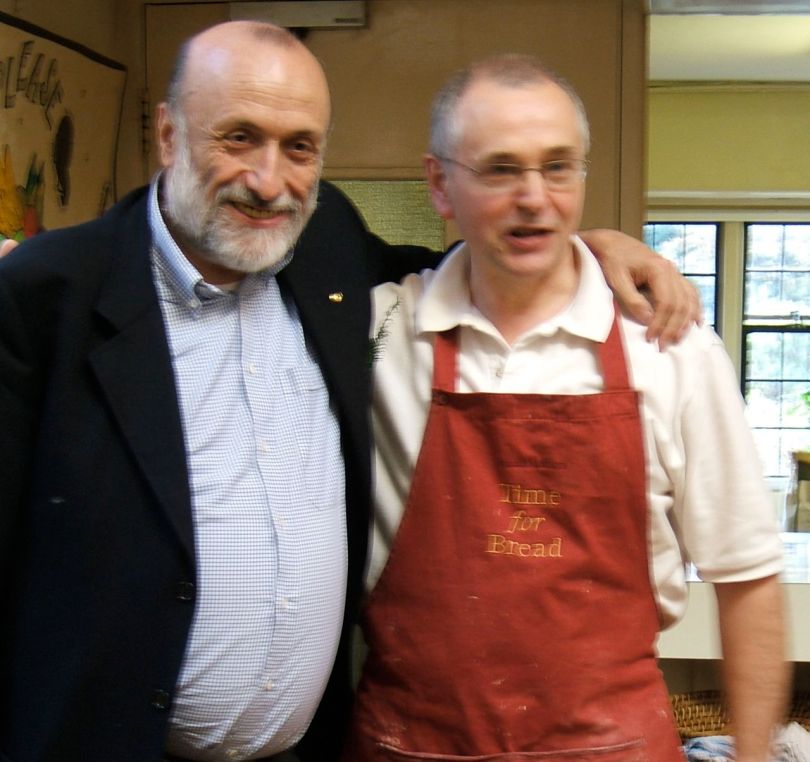Slow Food
Slow Food is a global, grassroots organization with supporters in 150 countries around the world who are linking the pleasure of good food with a commitment to their community and the environment. A non-profit member-supported association, Slow Food was founded in 1989 to counter the rise of fast food and fast life, the disappearance of local food traditions and people’s dwindling interest in the food they eat, where it comes from, how it tastes and how our food choices affect the rest of the world. Today, we have over 100,000 members joined in 1,300 convivia – our local chapters – worldwide, as well as a network of 2,000 food communities who practice small-scale and sustainable production of quality foods.
Slow Food stands at the crossroads of ecology and gastronomy, ethics and pleasure. It opposes the standardization of taste and culture, and the unrestrained power of the food industry multinationals and industrial agriculture. We believe that everyone has a fundamental right to the pleasure of good food and consequently the responsibility to protect the heritage of food, tradition and culture that make this pleasure possible. Our association believes in the concept of neo-gastronomy – recognition of the strong connections between plate, planet, people and culture.
Our Vision We envision a world in which all people can access and enjoy food that is good for them, good for those who grow it and good for the planet.
Our Mission Slow Food is an international grassroots membership organization promoting good, clean and fair food for all.
Good, Clean and Fair
Slow Food’s approach to agriculture, food production and gastronomy is based on a concept of food quality defined by three interconnected principles:
GOOD a fresh and flavorsome seasonal diet that satisfies the senses and is part of our local culture;
CLEAN food production and consumption that does not harm the environment, animal welfare or our health;
FAIR accessible prices for consumers and fair conditions and pay for small-scale producers.
Co-producers Collectively our consumer choices can bring great change to how food is cultivated and produced. To highlight this, we consider ourselves co-producers – an eater who is informed about where and how their food is produced and actively supports local producers, therefore becoming part of the production process.
Local Identity We are committed to protecting traditional and sustainable quality foods, defending the biodiversity of cultivated and wild varieties as well cultivation and processing methods. Through maintaining the diversity of regional food and agricultural traditions, the wisdom of local communities can be maintained to protect the ecosystems that surround them and offer sustainable prospects for the future.
Making Connections
Slow Food believes that food is tied to many aspects of life, including culture, politics, agriculture and the environment. This is why we are an active player in a wide variety of areas, from education to agricultural policy. To work across this wide sphere, Slow Food defends biodiversity in our food supply, promotes food and taste education and connects sustainable producers to co-producers through events and building networks.


Leave a comment